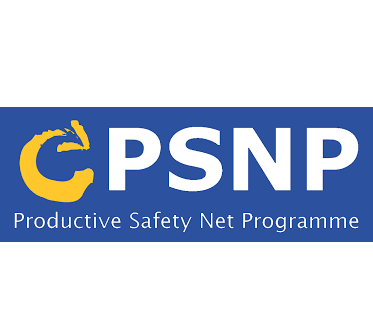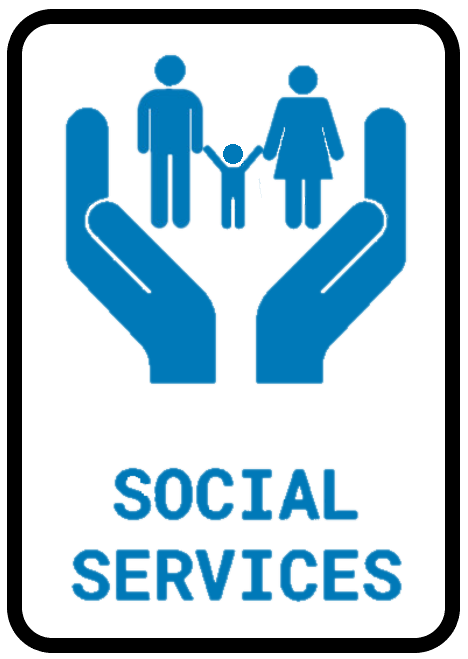Select your language
- Read Time: 2 mins
- Hits: 1382
Background
The Government of Ethiopia (GoE) recognized social protection as one of the key instruments for promoting inclusive and pro-poor development and issued the National Social Protection Policy (NSPP) in 2014 with a vision “to see all Ethiopians enjoy social and economic well-being, security and social justice”. To translate the policy into action, the government also issued a National Social Protection Strategy in 2016. In Ethiopia, the Social Protection strategy enabled the expansion and financing of rural productive safety net projects, school feedings and community-based Health insurance in the country and contributed towards the development of a new urban safety net projects in 2015/16.

Promote Productive Safety Net
Poor and vulnerable households receive transfers in the form of cash or food, which is being enabling them to increase their consumption of food, access essential services, and make productive investments. These transfers are conditional for public work and unconditional transfers for permanent direct support clients. Rural Productive Safety Net Project (RPSNP) and the Urban Productive Safety Net Project (UPSNJP) are currently covering more than 9.7 million poor people.

Promote Employment Opportunities and Improve Livelihood
Poor households are supported with demand-led technical and financial support and/or information on employment opportunities, to enable them to improve their on- and off-farm livelihood activities both in Urban and rural areas. In both Urban and Rural PSNP programs, the livelihood component of providing support for business development and livelihood grants through technical, financial, and behavior change approaches including youth groups employment and empowerment.

Promote Social Insurance
The expansion of contributory insurance for formal sector workers and innovative insurance products for the rural poor and urban informal workers are enabling people to better manage the risks they face. The two main contributory social protection schemes are public servants’ social security which currently covers about 2.56 million public workers, while the private organization's employees’ scheme has enrolled 1.76 million members covering private enterprises and charity organizations of 4.4 percent of the total population of the country.
Increase Equitable Access to Basic Social Services
Access to health, education, and other social services such as health fee waivers, subsidized community-based health insurance for about 24%, services for persons with disabilities (PWDs), pregnant and lactating women, and school feeding, together with support from an expanded social work system, have been improving access to services for the most vulnerable. Ethiopian Health Insurance currently covers about 70 percent of all the woredas/districts in the country, with more than 9.6 million HHs or 43 million members of the households in both rural and urban areas. Similarly, school feeding also covers more than 1.74 million school children/students from grade 1-8.

Provide Legal Protection and Support for Citizens exposed to abuse and violence
This strategic focus area is intended to prevent abuse (child abuse in particular), gender-based violence, exploitation, neglect, and discrimination by providing support and empowering the victims through collaboration among multiple stakeholders. Though various efforts have been made, available services are quite limited and fragmented with poor coordination of stakeholders.
 አማርኛ (Ethiopia)
አማርኛ (Ethiopia)  English (United Kingdom)
English (United Kingdom) 

